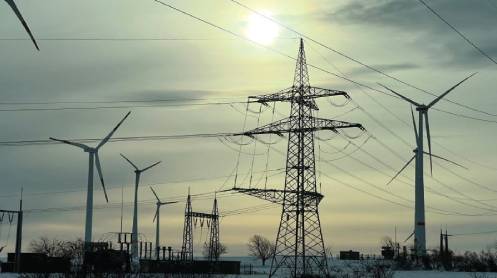ISLAMABAD: In the face of rising electricity prices and criticism over governance issues in the power sector, Power Minister Awais Ahmad Khan Leghari directed blame towards the Federal Board of Revenue (FBR) during a Senate Standing Committee on Power session on Friday.
Addressing the committee, chaired by PTI Senator Mohsin Aziz, Leghari highlighted the FBR’s failure, which he claims has turned the power sector into a tax collection agency, burdening consumers with Rs8 per unit tax even before the recent tariff hike. He noted that electricity demand had dropped by 8% due to high prices inclusive of multiple taxes.
Leghari explained that the sector’s expenses are tied to the US dollar, and rupee devaluation increases costs to power producers, equipment suppliers, and financial institutions. He also admitted to transmission system issues that prevent efficient electricity delivery, forcing reliance on expensive plants over cheaper alternatives.
Senator Aziz questioned the rationale behind the Sahiwal imported coal-based power plant, to which Leghari responded that it was established when Thar coal was unavailable and had lower capacity payments at the time. Senator Shibli Faraz criticized the lack of planning and argued that power plants should be built based on economic and financial viability.
Power Secretary Rashid Mahmood Langrial revealed plans to gradually convert imported coal-based plants to local coal, estimating annual savings of Rs200 billion once the conversion is complete.
In response to concerns over independent power producer (IPP) agreements, Leghari ordered a comprehensive audit of contracts from the past three decades. This follows the power regulator NEPRA’s identification of generation costs as a primary factor in unaffordable electricity prices. Senator Aziz called for a detailed investigation into the financial aspects of IPP contracts, including heat rates and regional price comparisons.
Leghari directed officials from the Private Power and Infrastructure Board and the Central Power Purchasing Agency-Guarantee to review and identify any financial discrepancies in the evolving IPP agreements.
Story by Khaleeq Kiani







